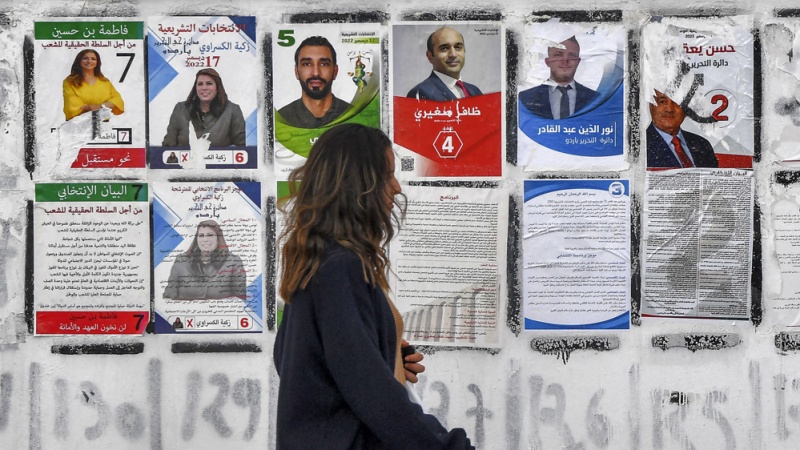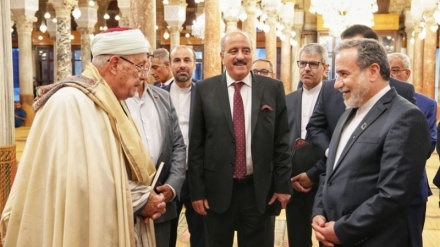Tunisians vote in parliamentary elections marred by mass boycott threats
Tunisian voters have gone to the polls in parliamentary elections marred by overwhelming threats of boycott from the North African country’s entire political parties and opposition groups.
According to Press TV, the polls opened at 08:00 a.m. local time (07:00 GMT) across Tunisia on Saturday, with some 9.3 million registered voters eligible to choose among a total of 1,058 candidates running for 161 seats in this year’s legislative elections.
Tunisia’s electoral system has undergone remarkable changes since a new constitution was introduced by President Kais Saied in a referendum earlier in the year, and the measure was much taken to task by the country’s opposition, the majority of whom are boycotting the ongoing vote.
Under the new rules, Tunisia’s political parties can no longer run campaigns or fund candidates and all candidates must run as individuals, while parliamentary elections in the country were based on a proportional representation list system and the state-provided funds would give a broader scope of candidates the chance to run for office.
Twelve political parties, including the Muslim Democratic Ennahdha and the centrist Qalb Tounes, which together held the largest bloc in the old parliament, have declared they are boycotting the election entirely. The powerful labour union UGTT also said it rejected the election process entirely.
Saied, a former law lecturer who was a political independent when elected as president in 2019, dissolved the previous parliament and started ruling by decree in July 2021, gradually amassing more and more power.
Saied’s opponents, including the Ennahda Party, accuse him of a coup and say his actions have undermined the democracy secured through a 2011 revolution that ousted former leader Zine El Abidine Ben Ali and triggered Islamic awakening.
ME



